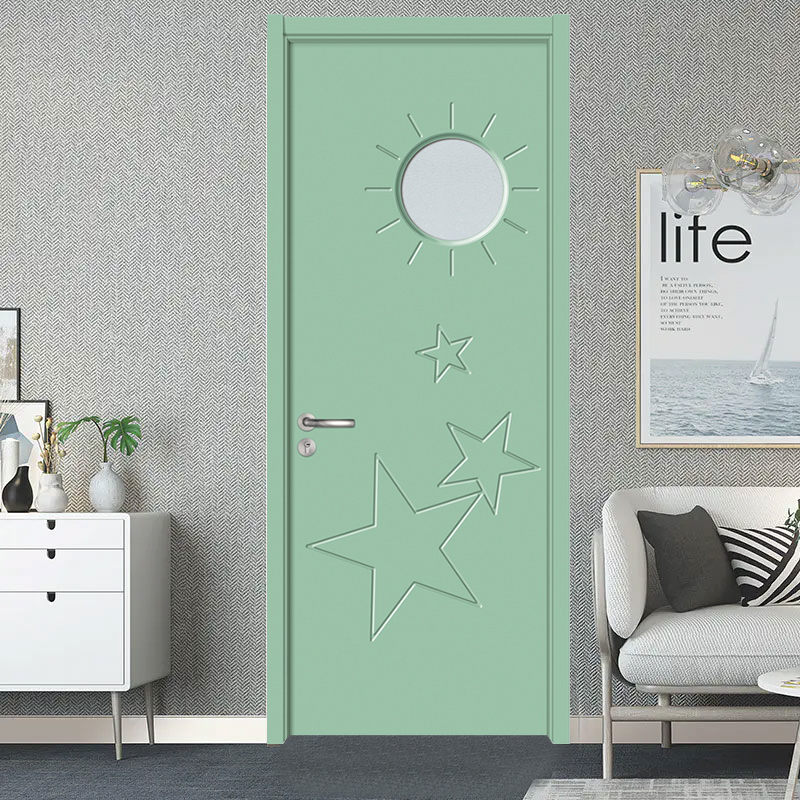Product Consultation
Your email address will not be published. Required fields are marked *

How does the Solid Color Lacquered Door perform in high-humidity areas, such as bathrooms or kitchens, in terms of maintaining its finish and structural integrity?
May 07,2025
How resistant is the Glass Wooden Door to damage from scratches, dents, or impact?
Apr 28,2025
How does the surface finish of the Melamine Laminated Wooden Door resist scratches, stains?
Apr 22,2025

Your email address will not be published. Required fields are marked *











